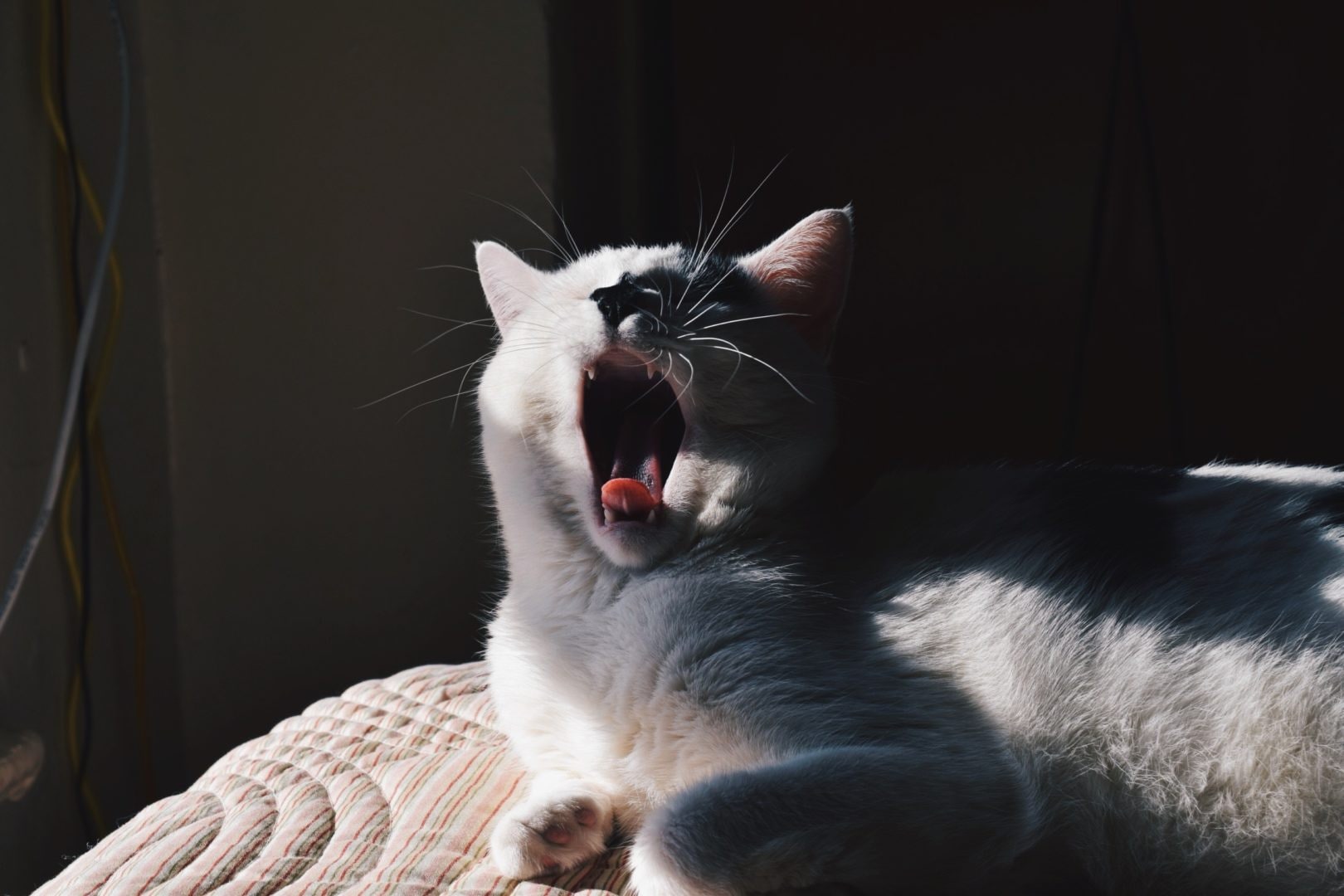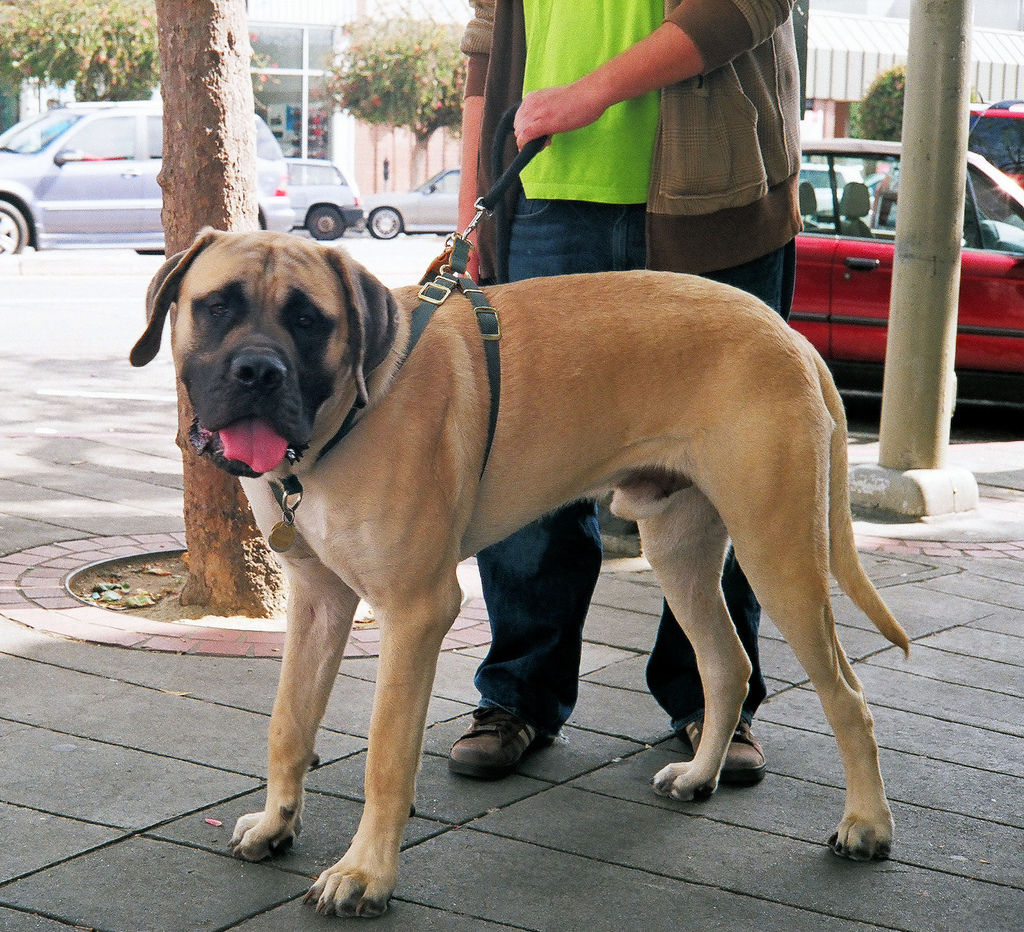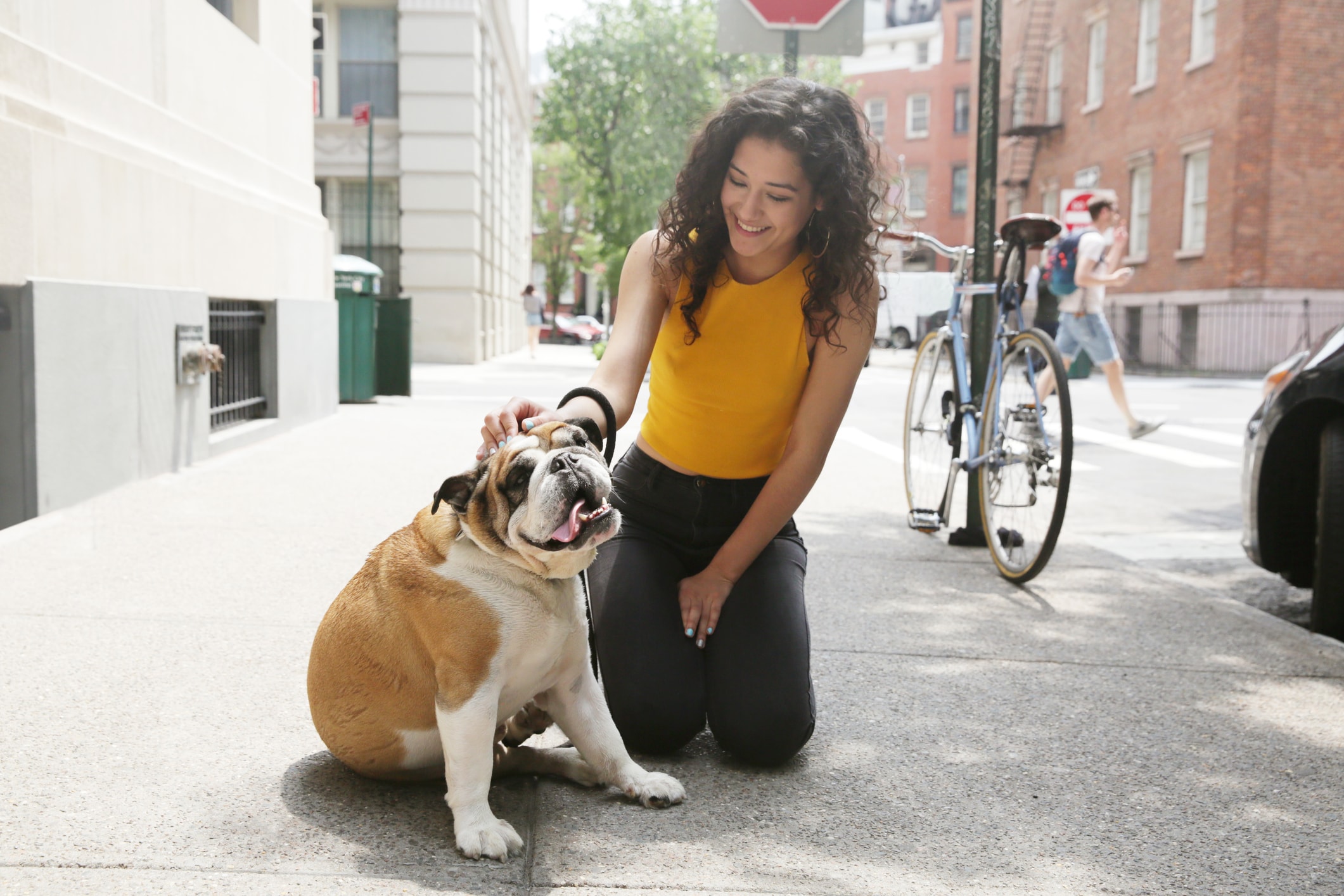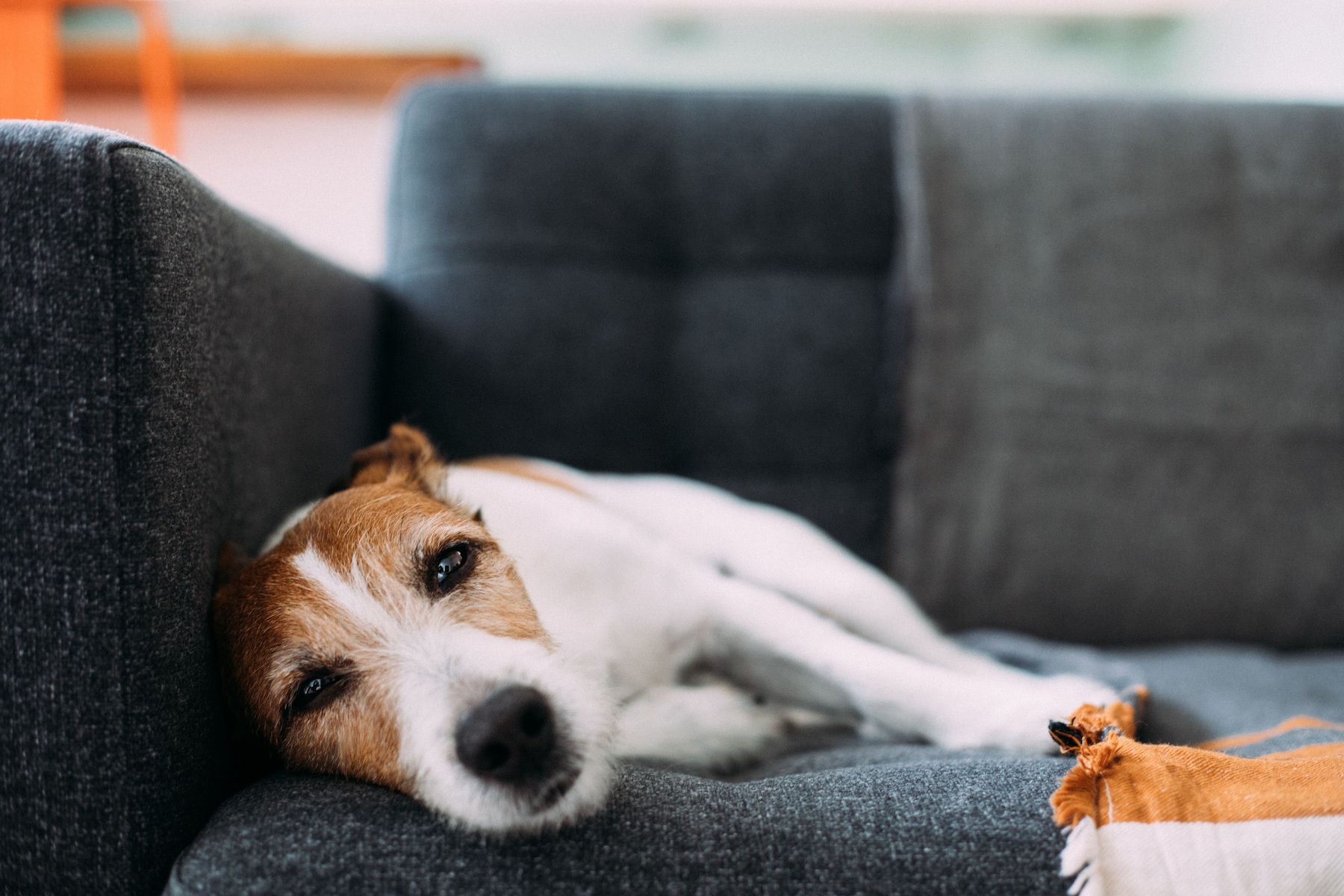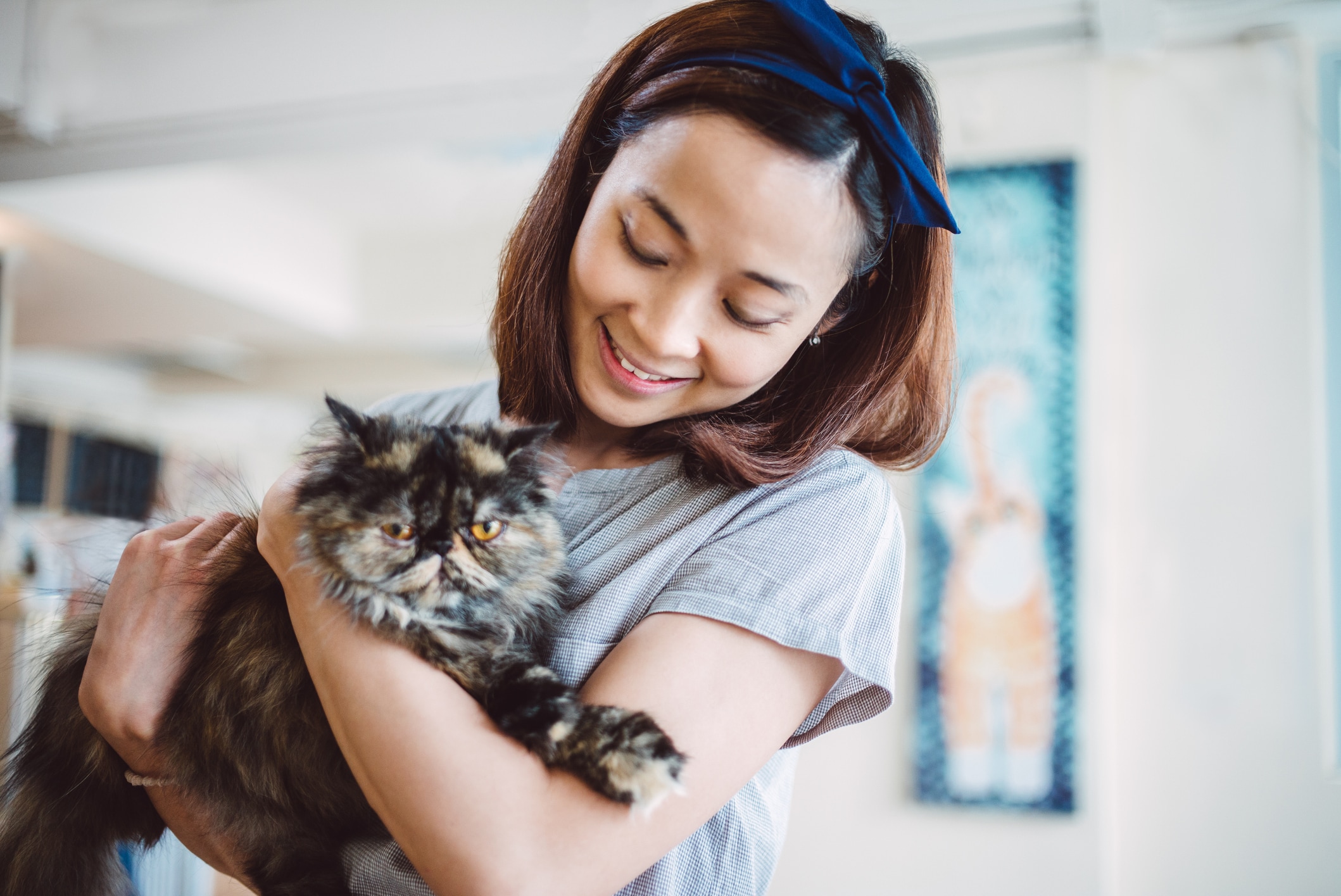Like humans, cat sneezing can occur from time to time — and, usually, it isn’t much to worry about. But, if you or any of your cat care providers (e.g., cat sitters, groomers, boarders) notice that your cat is having extended sneezing fits — or that their sneezing is accompanied by any form of discharge — it could be something serious.
According to Dr. Justine Lee, a toxicologist and veterinary specialist in emergency critical care and the author of “It’s a Cat’s World…You Just Live In It,” “It’s rare for cats to sneeze — the occasional sneeze is OK, but it shouldn’t be frequent. If it is frequent or very acute, we worry about the cause.” Here are some things to consider if you’re worried your cat’s sneezing is happening a little more often than it should be.
Why Is Your Cat Sneezing?
Ingrid King of The Conscious Cat says, “The most common reason for sneezing cats is an upper respiratory infection, although allergies can cause sneezing, too.” Dr. Lee adds that an upper respiratory infection “is often due to a viral infection (such as herpes virus or calicivirus) and results in sneezing, clear to green discharge from the nostrils or eyes, and cold-like symptoms.” Other causes for frequent sneezing include a blockage in the nasal passages and poor air quality.
Other Cat Sneezing Symptoms to Look For
Often, sneezing isn’t the only symptom when there is a larger underlying condition. Dr. Lee suggests pet parents and pet sitters who notice frequent sneezing look for “pawing at the nose, bloody discharge, loss of appetite, hiding, fever and lethargy,” as these additional symptoms may indicate a serious condition that will need to be treated immediately.
The Cornell University College of Veterinary Medicine also cautions pet parents to be on the lookout for bad breath in addition to frequent sneezing, as this may indicate dental abscesses or gum disease, which can both be painful and pose a serious risk to your cat’s health.
What If Your Cat Stops Sneezing … But Then Starts Again?
Interestingly, upper respiratory infections can lie dormant in a cat’s body for several months. So, even if your cat suddenly stops sneezing one day, Dr. Lee says that “stressful situations, including moving, going to the groomer, etc.” can cause your cat to start sneezing again. To stop the cat sneezing, Dr. Lee recommends minimizing exposure to other cats and stressful situations.
How Can I Help My Cat Stop Sneezing?
When your cat is sneezing frequently, the first thing you can do is test for potential allergens, which can include food, litter, pollen and cigarette smoke, according to the ASPCA. If your cat continues sneezing after you get rid of the likely suspects, the only way to assuage her symptoms is to pay your vet a visit and figure out treatment for the underlying cause.
Seeing a Vet About Your Cat’s Sneezing
Though a sneeze here and there from your cat isn’t anything to worry about (and can actually be quite cute!), a recurring sneeze could indicate a serious condition. Make sure your pet has fresh water for drinking and don’t give it any medication without your vet’s approval first. Human medications can be toxic when given to pets.
After you’ve eliminated allergies as a potential cause, you should consult your vet for next steps, as this single symptom could indicate a serious condition that may require immediate care. If your cat isn’t eating bring them to your vet right away.
For more on cat health, read Cat Flu: What It Is and How to Spot It.
Originally written by Amanda Kondolojy. Updated by Jerriann Sullivan on 1 July 2017.
* This article is for general informational purposes only. It is not intended nor implied to be providing medical advice and is not a substitute for such advice. The reader should always consult a health care provider concerning any medical condition or treatment plan. Neither Care.com nor the author assumes any responsibility or liability with respect to use of any information contained herein.
